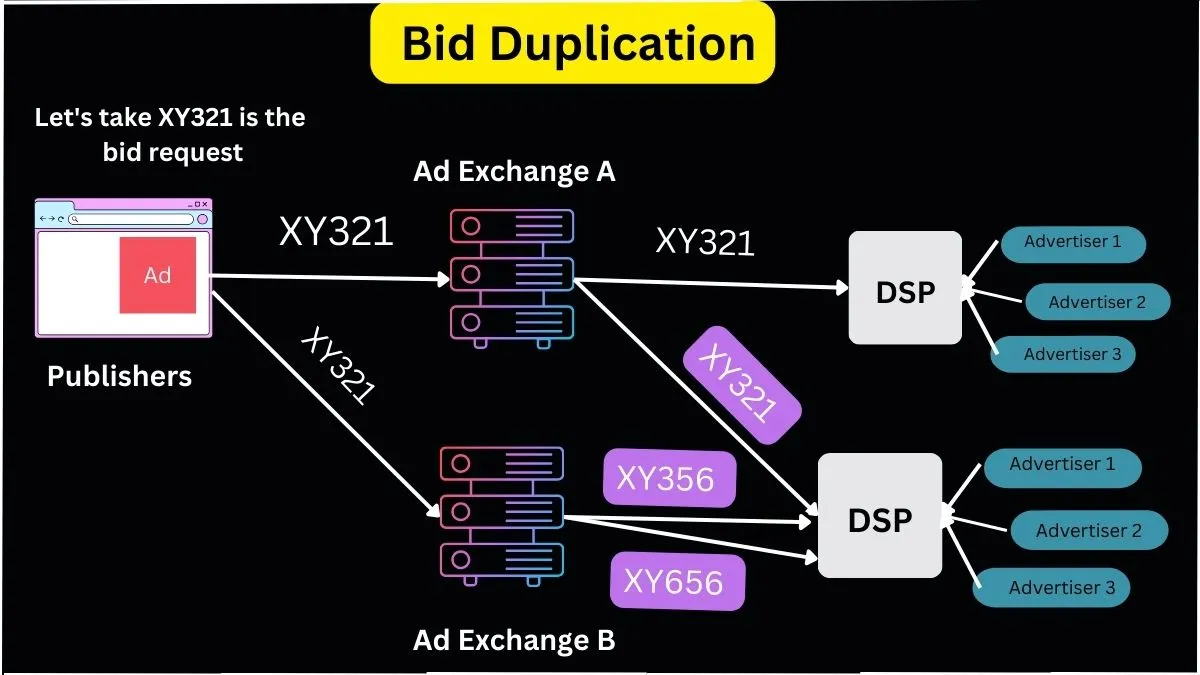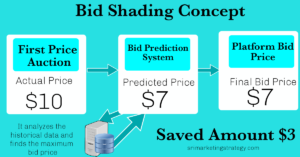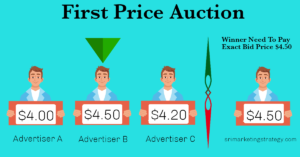Bid duplication, or traffic duplication, is the process of multiplying a single bid into multiple bids to increase demand and revenue artificially. This process potentially hurts the advertisers as well as the publishers.
Recently, the bid duplication issue received attention after an anonymous post published in the Telegraph blamed the Comcast’s Freewheel, which inflates bid requests to extract extra revenue from DSP partners intentionally.
I went through many articles to understand the process of bid duplication and its impact. Here, I have shared the consolidated information in a more practical way, which will help you understand it more quickly than me. Also, I have shared information about Comcast’s Freewheel bid duplication issue.
Usual Bidding Process
In the programmatic advertising system, publishers are partnered with one or more ad networks to sell their inventory. Ad networks are partnered with one or many ad exchanges to sell the ad inventory for a good price. On the other side, demand-side platforms have partnered with many ad exchanges and SSPs to buy suitable ad inventory at a low price. This is the basic programmatic advertising setup, right?

As per this flow, a single bid request for each ad impression is sent to ad networks. Then the ad network forwards this bid request to the ad exchange. Usually, SSPs or ad exchanges are connected with many DSPs. So, the incoming bid request is forwarded to all the connected DSPs. The eligible advertisers accept and bid on the bid request. Bid responses from many advertisers from many DSPs were forwarded to the ad exchange. Advertisers who bid more win this auction, and they are eligible to show their advertisements.
In this flow, a single bid request is sent to the entire process. So, here, there is no bid duplication.
What is bid duplication?
Bid duplication is the process of multiplying a single bid of a single ad impression into multiple bids by changing certain attributes in the bid request, which increases the ad revenue by creating more demand.
Two types of bid duplication are available. One happened unintentionally, and the other happened intentionally.
Unintentional bid duplication or legitimate bid duplication
As I said before, one publisher has partnered with many ad networks and many exchanges to sell their ad inventory at the best price. Most ad networks or ad exchanges have different identification and attribution models. In that situation, bids will vary. This could be the common reason for bid duplication over time, and it’s not fraud.

For example, XYZ Mobile App has partnered with three ad exchanges, and three are using different identification and attribution models. Each ad exchange collects and sends the bid request to the connected DSPs. In this situation, a bid request for 1 ad impression gets multiplied by 3 bid requests, and each ad exchange forwards its bid request to the connected DSPs.
Suppose that if one DSP is connected to the above three ad exchanges, the DSP will receive three separate bid requests. It’s very difficult to identify bid duplication. So, this DSP bid for all three bid requests.
Intentional bid duplication or illegitimate bid duplication
If any ad exchange intentionally converts the single bid request into multiples by changing the attributions, that is called “intentional bid duplication.” They artificially inflate demand to manipulate prices.
What are the disadvantages of bid duplication?
- Bid duplication can lead to more competition in the auction. More demand will lead to higher prices for programmatic advertising. In the above example, a single advertiser is trying to bid three times for the same ad impression. As per the ad auction, the highest bidder wins the auction. Here, the advertiser cheated to provide three bid prices for the same ad impression. Likely, many advertisers from various DSPs provide bid prices for a single ad impression. So, the competition for a single ad impression is increased artificially. Higher competition leads to higher ad revenue for the publisher. Finally, ad exchanges receive a good commission from the revenue.
- Shiv Gupta, founder of ad-tech education firm U of Digital, mentioned that advertisers need to spend more money to get the same performance due to bid duplication.
- Ad exchange “inefficiency” Bid duplication increases the computational load on the ad exchange. It could potentially affect the entire ad auction process. So, they need to invest more money to adopt this load.
- Illegitimate bid duplication affects the transparency of the programmatic ad buying process. Advertisers are unable to track their campaign performance and effectiveness.
- Bid duplication also affects publishers. If the demand-side platform identifies the bid duplication from a publisher, it may stop bidding on the bids from a particular publisher. This will directly affect the publisher’s revenue due to lower competition.
Does Comcast artificially inflate the bid request to make more money?
Bid duplication is more common in programmatic advertising, and all potential players in this system are actively working to identify and eliminate the illegitimate bid duplication creators. Recently, a post published in the Telegraph stated that Comcast’s freewheel artificially inflates the bid request to make more money from their DSPs. If it is true, it’s completely illegal. That’s why experts are very concerned about this issue.
As per the information shared on the AdWeek website, the Freewheel representatives provided different contexts for their new product called “Smart Bidding”. For example, their smart bidding will help create more inventory for television, and it will create opportunities for a 15-second ad to win a 30-second programmatic ad auction.
Usually, programmatic advertising is designed to return 30-second ads for 30-second slots. But their smart bidding will convert one 30-second bid into two 15-second bids to fill that place.
Also, they mentioned that this smart bidding is in the testing phase.
Conclusion
Most digital advertising budgets are invested in programmatic advertising. But most of the digital advertising workflows are completely dark. Even the experts in this field can’t understand some processes. Many individual players play together to run the programmatic advertising. Each of them has their own technology, which can’t be disclosed publicly. The accusation against Comcast’s Freewheel is a good example. Even though they clarified this accusation, doubts are still there.
In this article, I hope you learned about bid duplication and its impact on programmatic advertising. When I read articles, I have many doubts in my mind. I am expecting many questions from you all after reading this post. So, feel free to post your questions in the comment section.
Reference Articles :
https://www.adweek.com/media/programmatic-problem-bid-duplication/#



